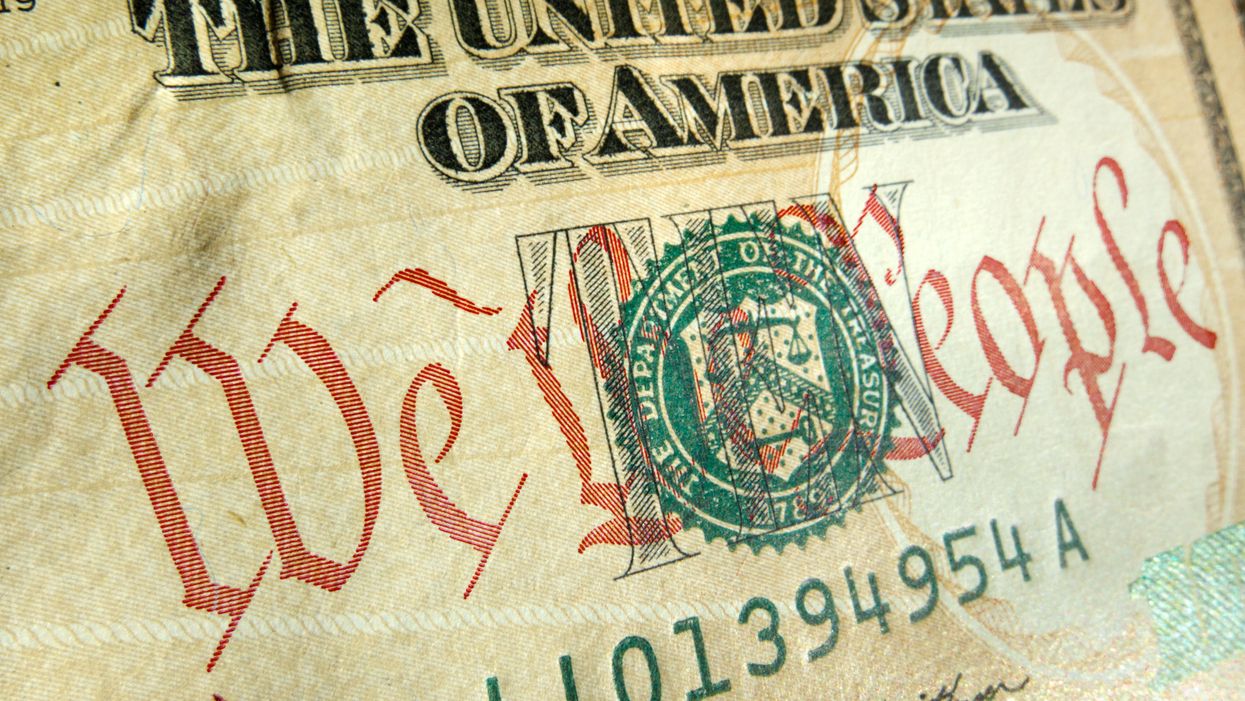Waag is a former volunteer coordinator for the multifaceted democracy reform group Unite America and is treasurer of a group promoting a switch to ranked-choice voting in his hometown of Jacksonville, Fla.
Before this global coronavirus pandemic and its resulting American economic suffocation, political philanthropy to fix and reform both our elections and our governmental institutions was already severely lacking but very much needed.
The entire democracy reform movement, with more than 130 organizations, raises approximately $150 million in contributions every year. The two major parties raise a combined $4 billion from their donors every year — in other words, more than 25 times as much. That's a lot of Davids not even coming close to two very big Goliaths.
In other words, before the arrival of Covid-19 changed almost everything about daily life in our country, almost everyone — wealthy individuals, big businesses and small-dollar donors — was continuing to double down on the two tired old parties, in spite of so many of their gripes and complaints about the failings of political life under the duopoly.
After the public health emergency subsides, the need for political reform philanthropy will be even greater — but the job of raising the money will be harder.
The challenge before those of us working to fix the system from the outside will be the same as it was before: To make a direct connection between our solutions and the day-to-day problems in the lives of our fellow citizens.
We have an opportunity now to get the attention of our potential backers, especially while so many of them are at home and maybe have unexpected time to spend. But obviously, given the devastating economic consequences that continue to unfold, philanthropy of all kinds will be much harder to come by as everyone focuses more on their own necessities before making donations to their favorite charities.
If we are ever to move our shared goals — from independent redistricting commissions and open primaries to ranked-choice voting and allowing more voting from home — from the political nerdspace into the mainstream consciousness of the nation, we must be able to draw a bright line connecting those solutions to the struggles of everyday American life.
We need to show would-be donors that they wouldn't need to give as much to other causes, like curing cancer or slowing climate change, if we fixed our politics first.
Just as with candidates, money will get us noticed, but it won't hold the public's attention for long if our message does not resonate. Thankfully, our message does resonate — we just need the funds to make more Americans aware of the solutions for making their government work better for them.
It doesn't take a Ph.D. in political science to see that, if we had better elected leaders across the board, maybe things like the thousands of deaths and national social isolation brought on by the spreading coronavirus would never have happened. Our government would have responded sooner, and better, and many lives would have been saved.
The flaws and cracks in this 220-year experiment that we call our republic have been glaring for some time, especially to those of us who eat, sleep and breathe it. But now those flaws and cracks are proving deadly.
Political philanthropy is no longer just a "want." Coronavirus has made it a "need."



















